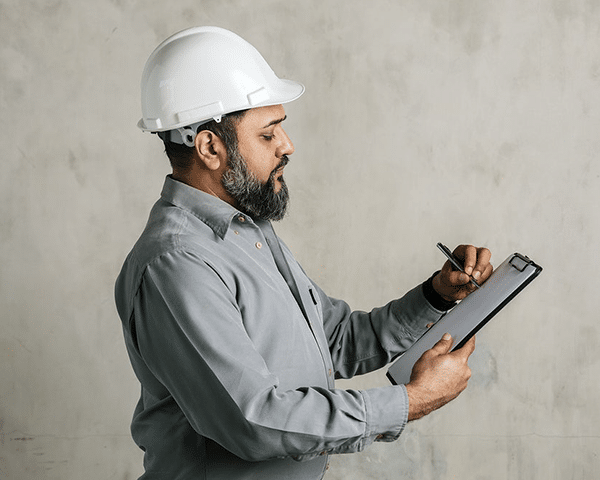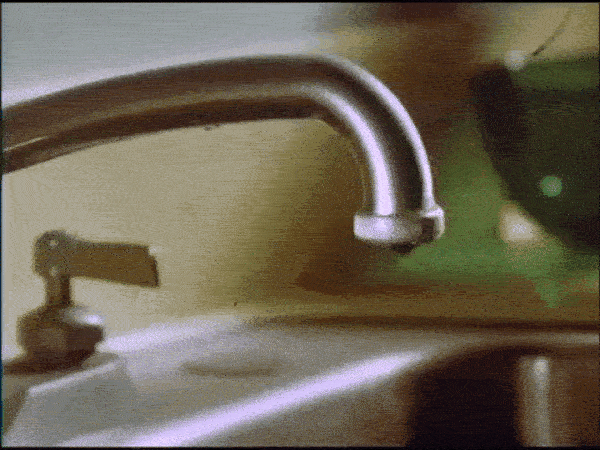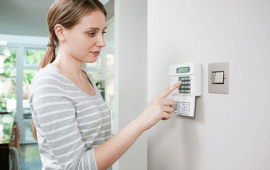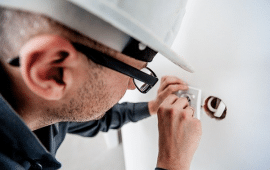
Image from Freepik
It’s very important for both a home seller and buyer that the property fare well on the inspection, for it means no serious issues have been discovered. But what exactly are the things to watch out for?
What’s in the Home Inspector’s Checklist?
This depends on the inspector but in general, reports will tell you about the condition of the following areas:
- Heating and cooling equipment
- Plumbing and electrical wiring
- Roof and attic
- Structural elements
- Walls
- Insulation
Let’s dig into some specifics. Here are the most common reasons to conduct a home inspection:
- Moisture intrusion: Many things can cause dampness. Moisture can cause unpleasant odors, damage belongings, and activate mold growth and mildew—both are dangerous organisms that can cause allergies and worsen existing respiratory problems such as asthma. If you’re planning to list a home that might have a moisture issue, it is a good idea to get that addressed prior to selling your home.
- HVAC Issues: Lack of wiring to handle the demands of the heating and cooling equipment, faulty thermostats, or gas-fired furnaces not having enough exhaust systems in place are common problems uncovered by home inspectors.
 Image from Giphy
Image from Giphy - Roofing Problems: Due to weathering, lack of maintenance or the design itself, this is one of the more expensive problems to fix and can be a deal-breaker for potential buyers.
- Electrical Issues: Overfusing or a mismatch between the wire and the overcurrent protection is the most common problem a home inspector encounters. This needs to be fixed immediately as this is a fire hazard. A home’s electrical should meet current standards.
- Problems with the Structure and/or Foundation: Structural problems make your house unsafe. The inspector will check the footing and foundation of the home. Cracks in walls and doors that fail to latch or that jam are things to watch out for.
 Image from Giphy
Image from Giphy - Plumbing Problems: An inspector will almost always find at least one plumbing problem in a home whether it be dripping faucets or slow drains. Luckily, these issues are usually easy and cheap to fix.
The most important thing here is to be prepared whether you’re a buyer or a seller. Think of a failed inspection like discovering something bad during your physical exam. And just like a doctor, the home inspector will point out all the things that need to be repaired or replaced. For sellers, it is recommended to address all the possible issues that might arise during a home inspection prior to putting the home on the market. Looking to buy, sell, or do you simply need a home inspection? Our team can refer the right people for the job if that happens.




